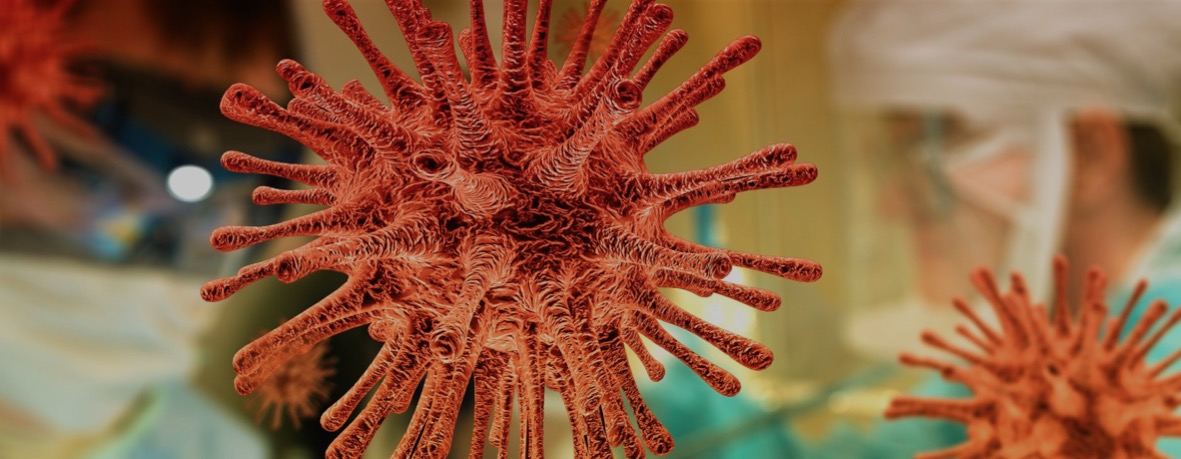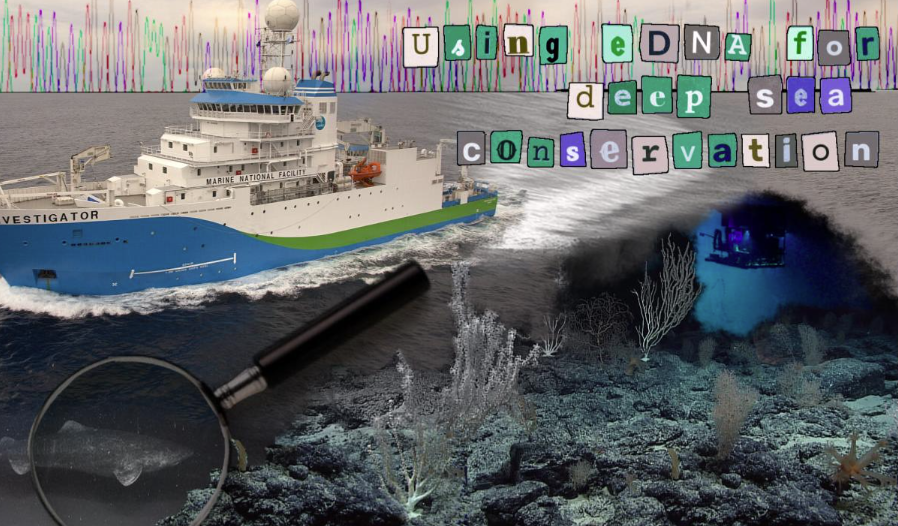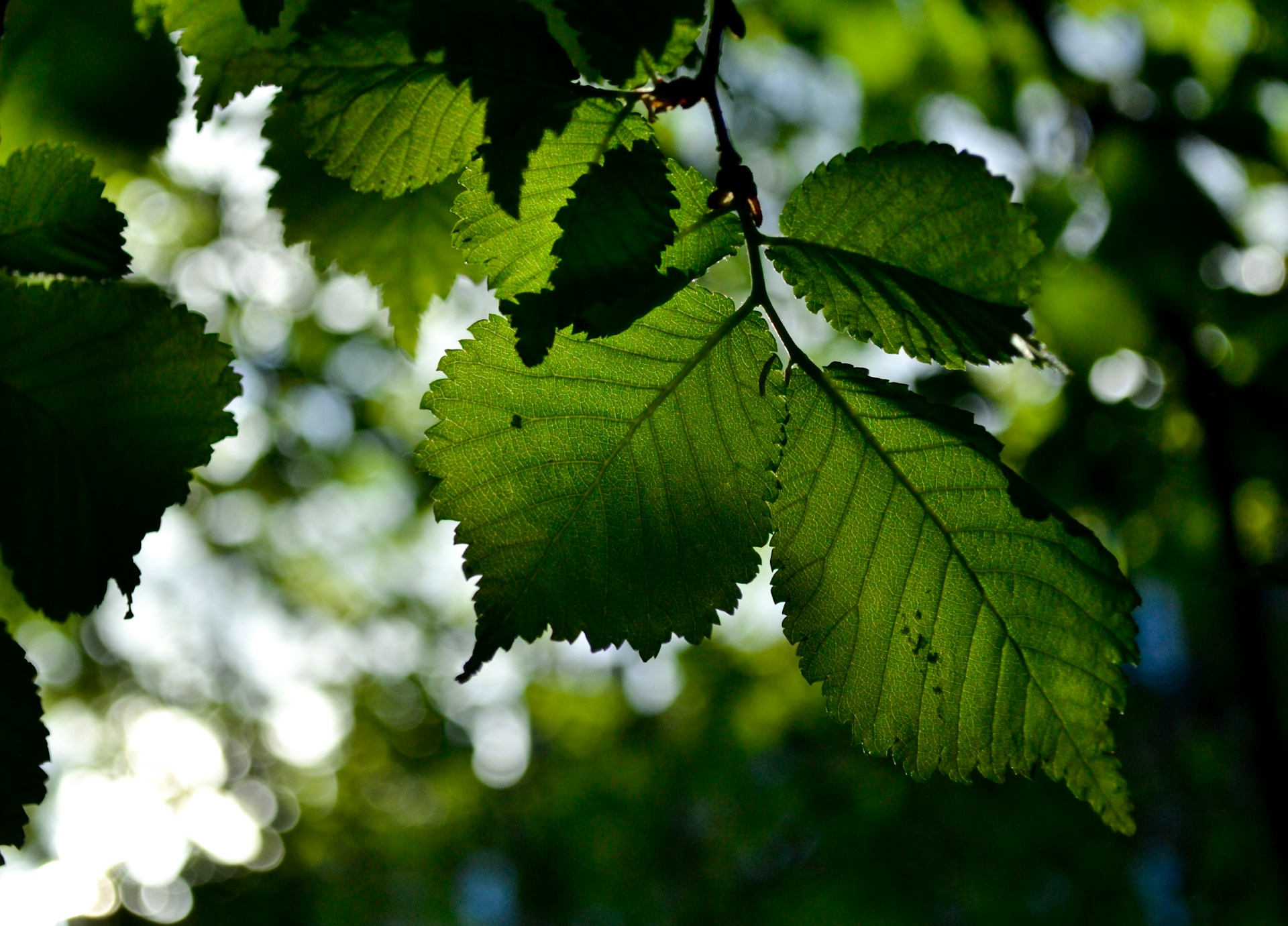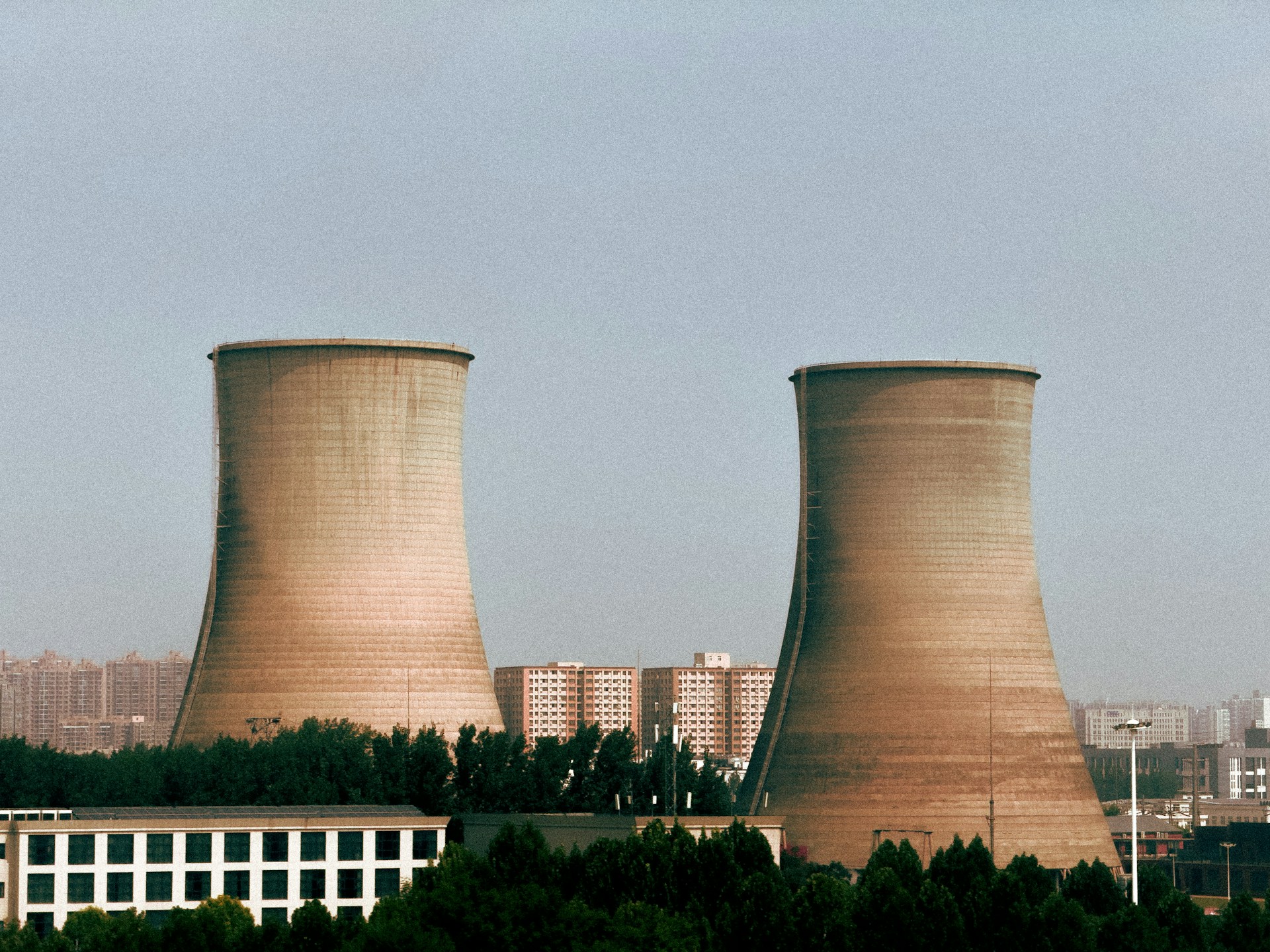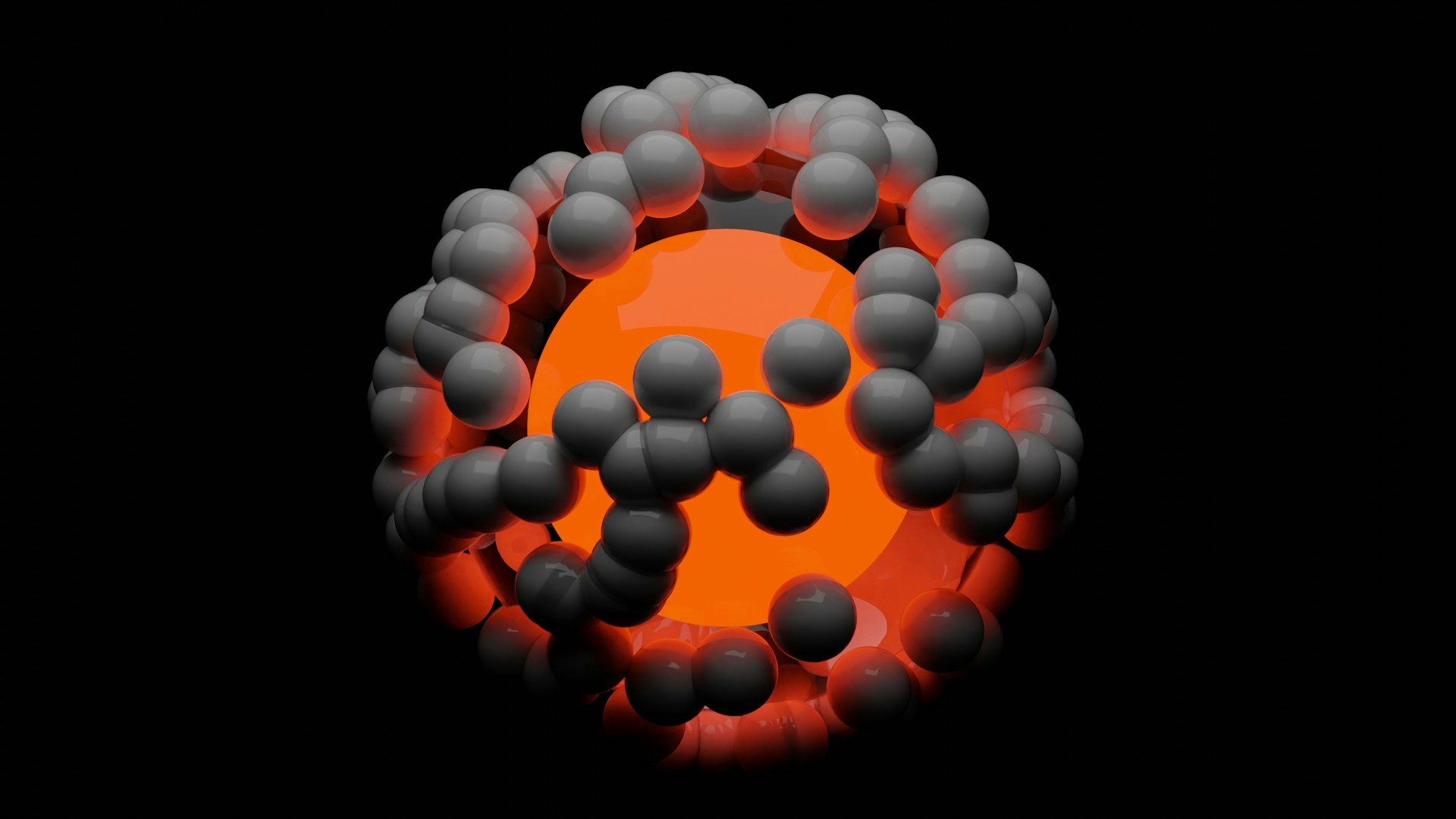I am very aware that we all can’t move for news stories about the coronavirus at the moment. But in a time where things seem a bit bleak, I’d like to take a moment to appreciate all science has done and is doing to fight this pandemic. So here’s my 2p.
First, a quick recap. The virus causing Covid-19 is a new strain of coronavirus. Coronaviruses are a large family of viruses that cause a range of illnesses from the common cold to SARS (Severe Acute Respiratory Syndrome). We know a lot about the structure of these viruses, so here’s a lovely portrait from the New York Times:

By Jonathan Corum and Ferris Jabr, from the New York Times
A case of applied science: how soap destroys a virus
Why should we, the public, care what the virus looks like? It’s a case of understanding the enemy in order to fight it: the oily lipid coating of the virus can be destroyed by soap. The science behind this is explained excellently in another graphic from the New York Times:



By Jonathan Corum and Ferris Jabr, from the New York Times
This is why we keep being told to wash our hands. It’s not just getting the virus off your skin; it’s actively destroying it.
Science in action: the race for a vaccine
Knowing the virus’ structure is also, of course, extremely important for the many teams racing to develop a vaccine: around 35 companies and academic institutions around the world, including the Jenner Institute at Oxford. Global scientific collaboration has been essential in facilitating the rapid response. Within a week of identifying the virus, researchers in China successfully sequenced its genetic information, and shared this with the global scientific community. This was an incredible feat, and was vital in enabling scientists around the world to start work on vaccine and treatment development.
Human clinical trials for one vaccine contender, developed by Moderna, have just begun, a record-breaking 42 days after release of the virus’ genome sequence. The process is moving at unprecedented pace, but we are still looking at a 12-18 month wait before a vaccine has gone through the rigorous clinical trial process and is available to the public. It is by no means an overnight solution, but rightly so. It would be awful to rush into a potentially risky vaccine, which could be damaging to both public health and trust in science.
“Testing of existing antiviral drugs is […] underway”
While a vaccine is of course the best solution, as it stops people getting Covid-19 in the first place, testing of existing antiviral drugs is also underway to treat cases in the meantime. As these have already gone through the clinical trial process, they can be made available on a much shorter timescale. There are over 50 potential drug treatments currently undergoing testing. One promising candidate seems to be remdesivir, an experimental drug developed to treat Ebola. While it did not have much success against Ebola, it has been shown to be effective against SARS in laboratory and animal testing. As Covid-19 is a cousin of SARS, there is hope that remdesivir could be effective against it.
Scientific evidence versus viral misinformation
Another place we have seen a rapid and global response to the pandemic is on social media. Largely, this is a good thing. It is important we are all well-informed, and Facebook and Twitter have been harnessing their influence to promote NHS guidance.
“We must trust scientifically supported health advice […], not anecdotes from ‘someone’s neighbour’s friend’s uncle who is a doctor’ that are forwarded to the Whatsapp family group chat.”
The flip side, though, is that social media also enables rapid spread of misinformation and panic, a less-than-ideal combination. Conspiracy theories about the origins of the virus are one thing, but even more dangerous is the spread of misleading, or downright false health advice. Now more than ever, we must trust and follow the scientifically-supported health advice from the World Health Organisation and the NHS, not anecdotes from ‘someone’s neighbour’s friend’s uncle who is a doctor’ that are forwarded to the Whatsapp family group chat.
Science will beat coronavirus
Science is an incredibly powerful tool in the response to a pandemic. And the scientific community has never been better placed to fight Covid-19. So, let’s continue to follow scientific advice, and take a moment to thank the scientific community and our NHS for all they are doing to respond.
Sources & Further reading:
https://www.nytimes.com/2020/03/13/health/soap-coronavirus-handwashing-germs.html
https://nanoporetech.com/about-us/news/novel-coronavirus-covid-19-information-and-updates
https://www.theguardian.com/world/2020/mar/17/when-will-a-coronavirus-vaccine-be-ready
https://time.com/5790545/first-covid-19-vaccine/
https://time.com/5803936/coronavirus-misinformation/
https://www.theguardian.com/commentisfree/2020/mar/13/coronavirus-misinformation-health-advice
https://www.theguardian.com/society/2020/mar/19/uk-drive-develop-coronavirus-vaccine-science
Title adapted from image by Gerd Altmann from Pixabay

